
Falling Asleep Is Hard

Sleep is crucial for maintaining good health. The body needs regular, quality rest to keep everything functioning physically and mentally. If sleep is a struggle, and you experience any of these symptoms, you may want to check in with your doctor to test for sleep disorders.
Experts advise staying away from screens and harsh lights in the hours before bedtime and also following a calming, sleep-focused routine. But if you still struggle to fall asleep, even though you're tired, you may have insomnia or another sleep disorder.
Waking Up Too Early
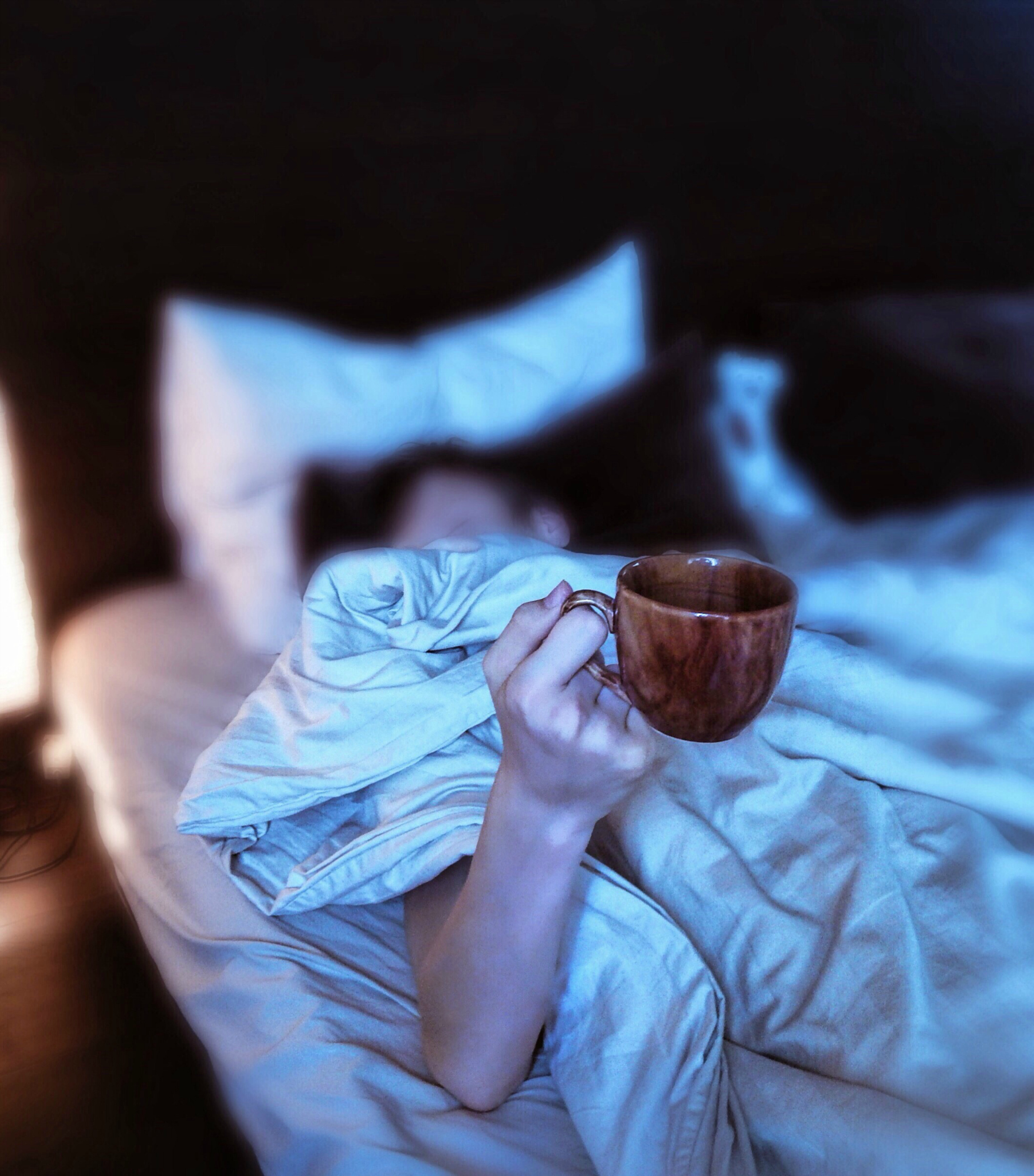
Waking up too early is a symptom of insomnia, which can be caused by stress, an illness or even a new medication. Some insomnia is temporary, but if you experience prolonged inability to fall or stay asleep, let your doctor know.
Waking Up Tired

A solid night's sleep should leave you feeling rested and ready to start your day. If you find you frequently wake up feeling just as tired as you did going to bed the night before, you're not getting the deep sleep that you need. This could be a sign of something bigger going on.
Waking Up In the Middle of the Night
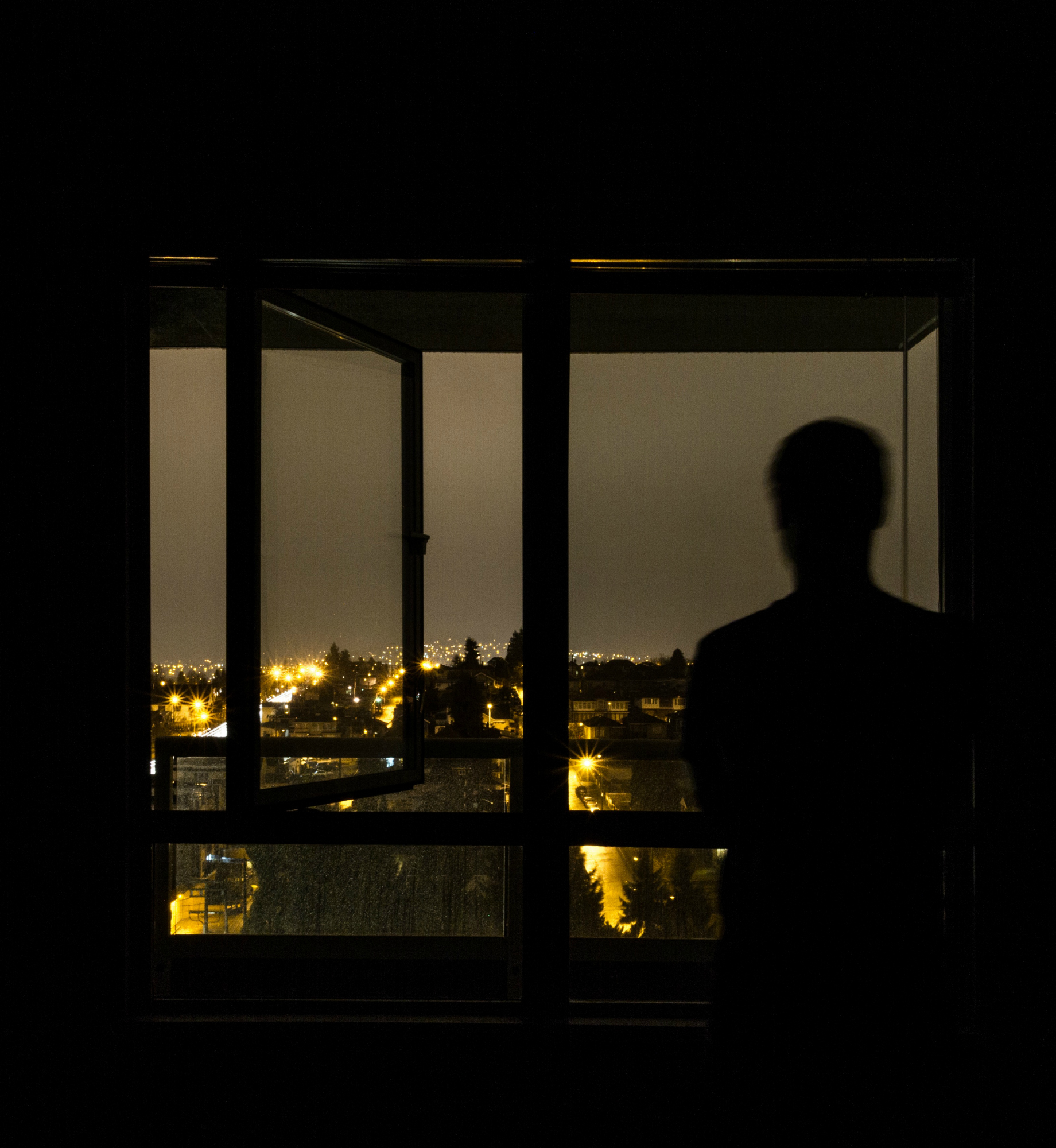
Insomnia is the most common sleep disorder, with one in 10 Americans suffering from it at any given time. A sure sign of insomnia is waking up in the middle of the night and not being able to get back to sleep.
Daytime Sleepiness
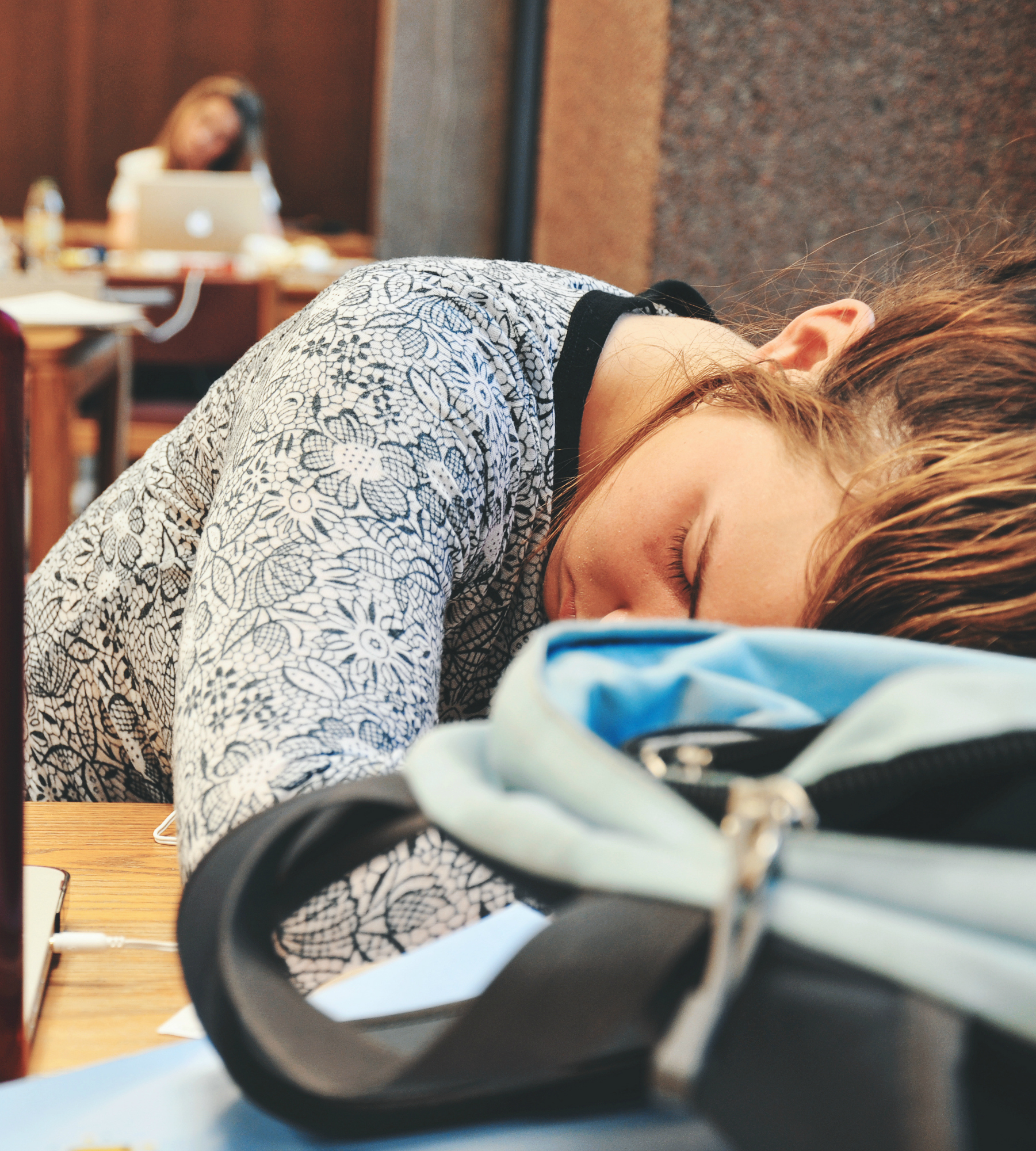
If you're going to bed at a decent time and, as far as you know, sleeping through the night, your daytime sleepiness may be a sign of sleep apnea or a number of other health problems.
Lack of Energy

Nearly 40 percent of Americans suffer hypersomnia at some point, which is either not getting enough sleep or getting too much. The causes range from obesity to stress to grave illness. A major symptom of hypersomnia is feeling a lack of energy in the waking hours.
Can't Concentrate

Lack of sleep can lead to difficulty in concentrating and being easily distracted. But you may not know you're sleeping poorly. If you can't figure out why you've lost your ability to focus (or never had that ability in the first place), you may need to consider your sleep habits and whether you're having problems in the bedroom. (Not THOSE problems!)
Irritability

Sleep disorders can also be the underlying cause of your bad moods. If you're frequently irritable or suffer mood swings that wreak havoc on your quality of life, as well as those around you, you might be suffering the effects of poor sleep due to a sleep disorder.
Disturbed Sleep
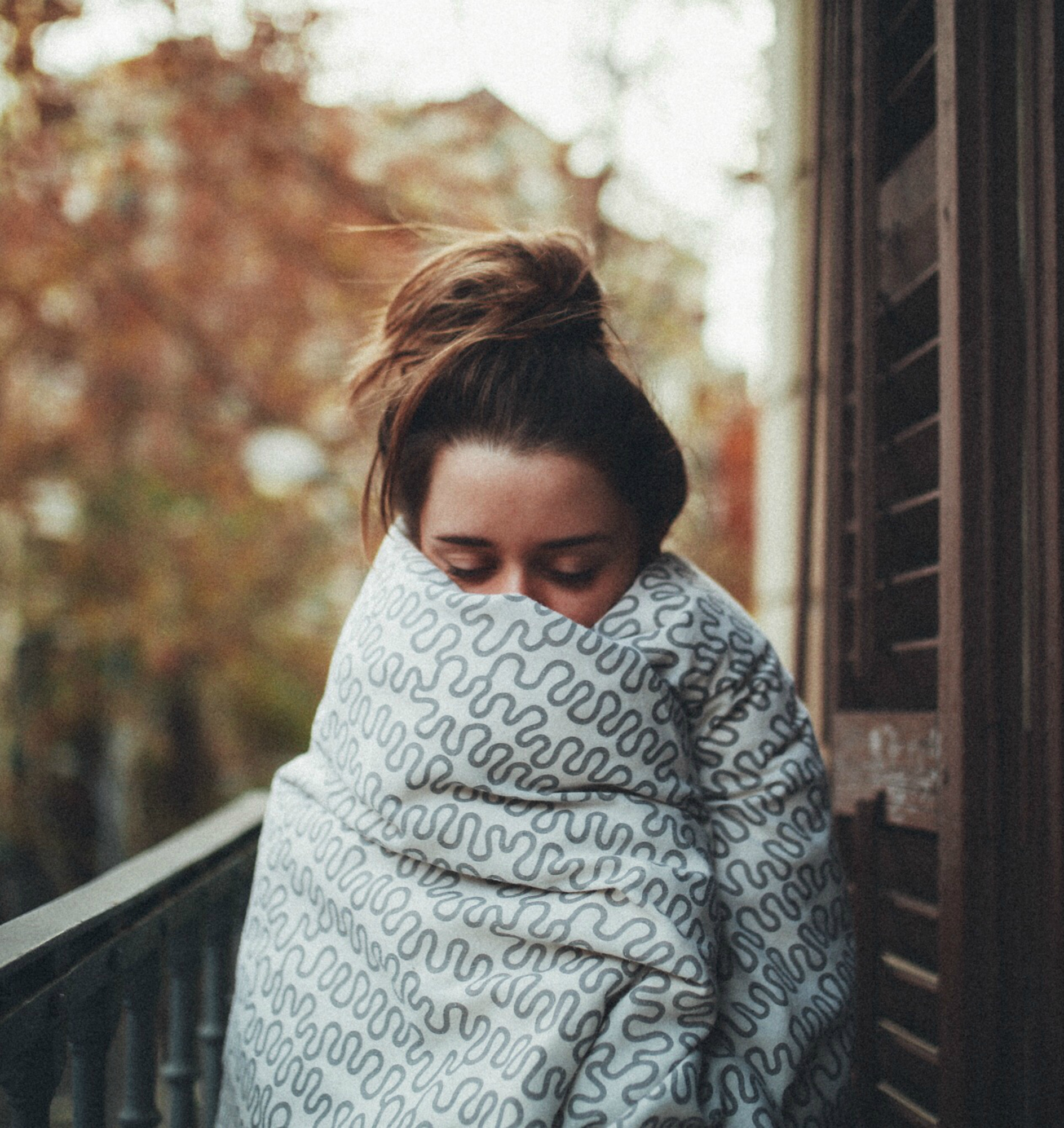
Fragmented sleep is a symptom of a number of sleep disorders, including narcolepsy. It seems counterintuitive for a body that unexpectedly falls asleep throughout the day to then constantly wake up at night for 10 to 20 minutes at a time.
Hallucinations
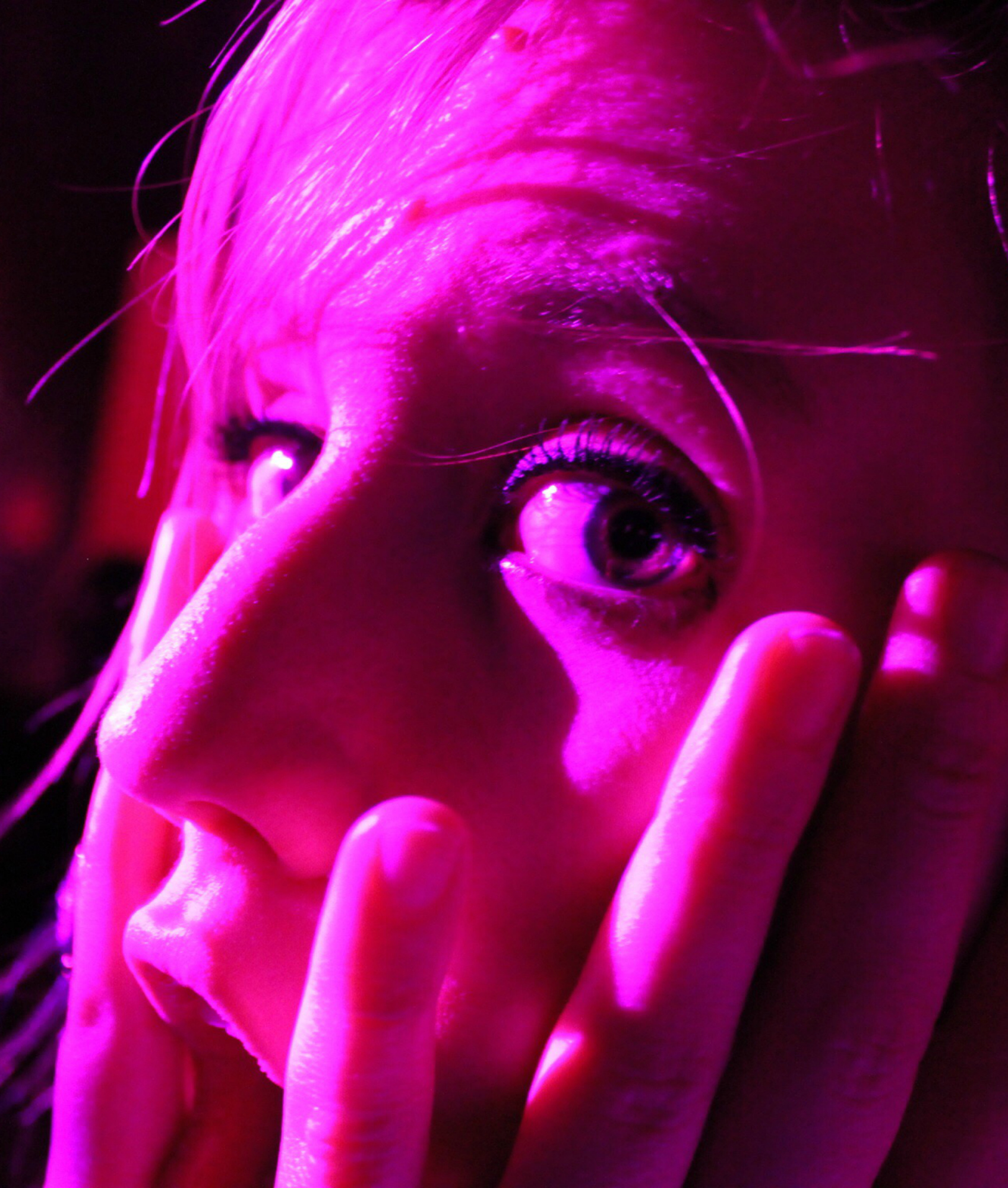
Hallucinations during the day and night, and also vivid dreams, are also signs of the serious sleep disorder narcolepsy, and can be frightening to those who are experiencing them.
Cataplexy
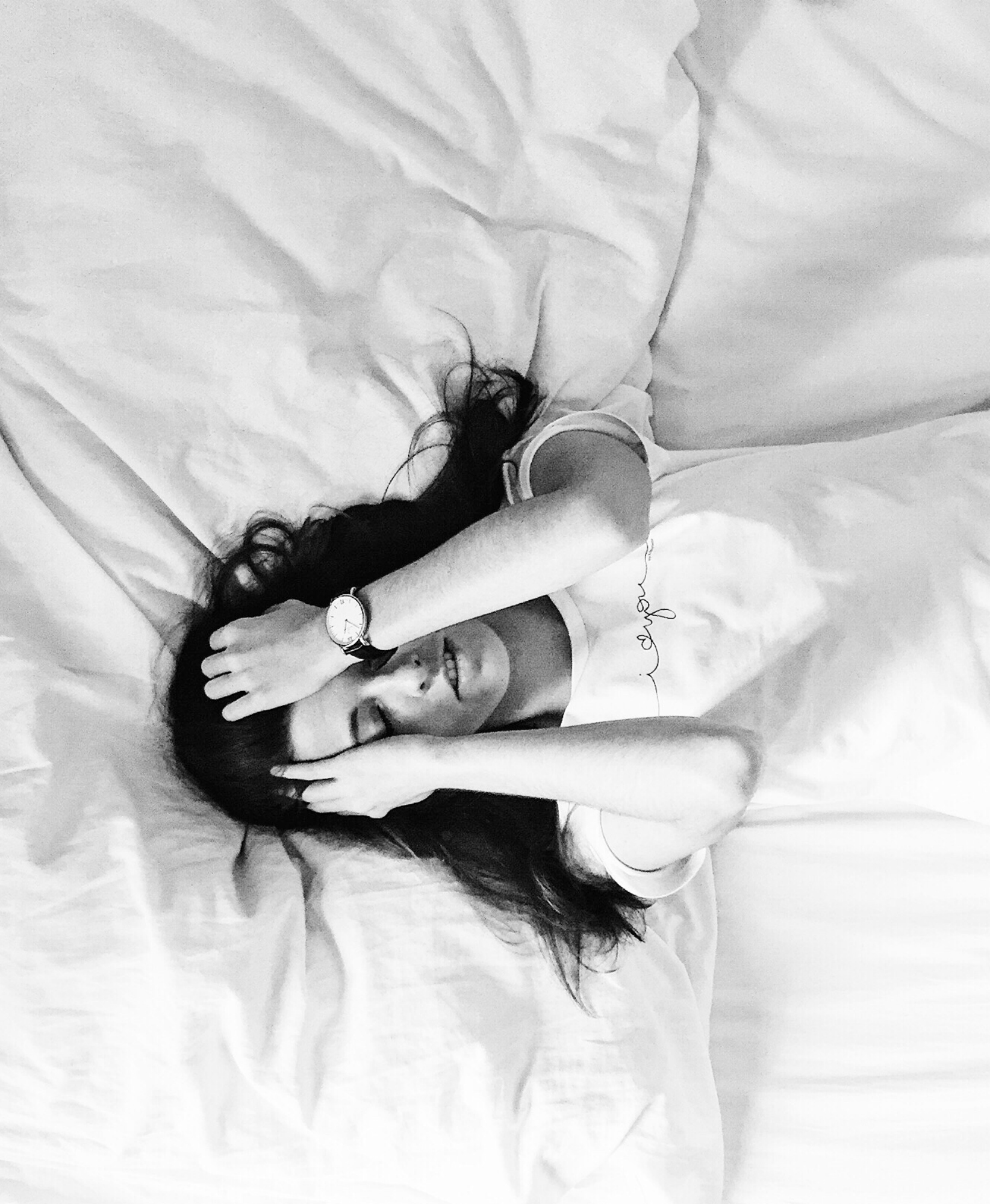
Nearly half of those who suffer from narcolepsy experience cataplexy, which are bouts of muscle weakness that occur during times of strong emotions. The weakness builds for some seconds and then can last one or two minutes. It typically develops a few months after the onset of sleepiness, an initial symptom of a sleep disorder such as narcolepsy.
Sleep Paralysis
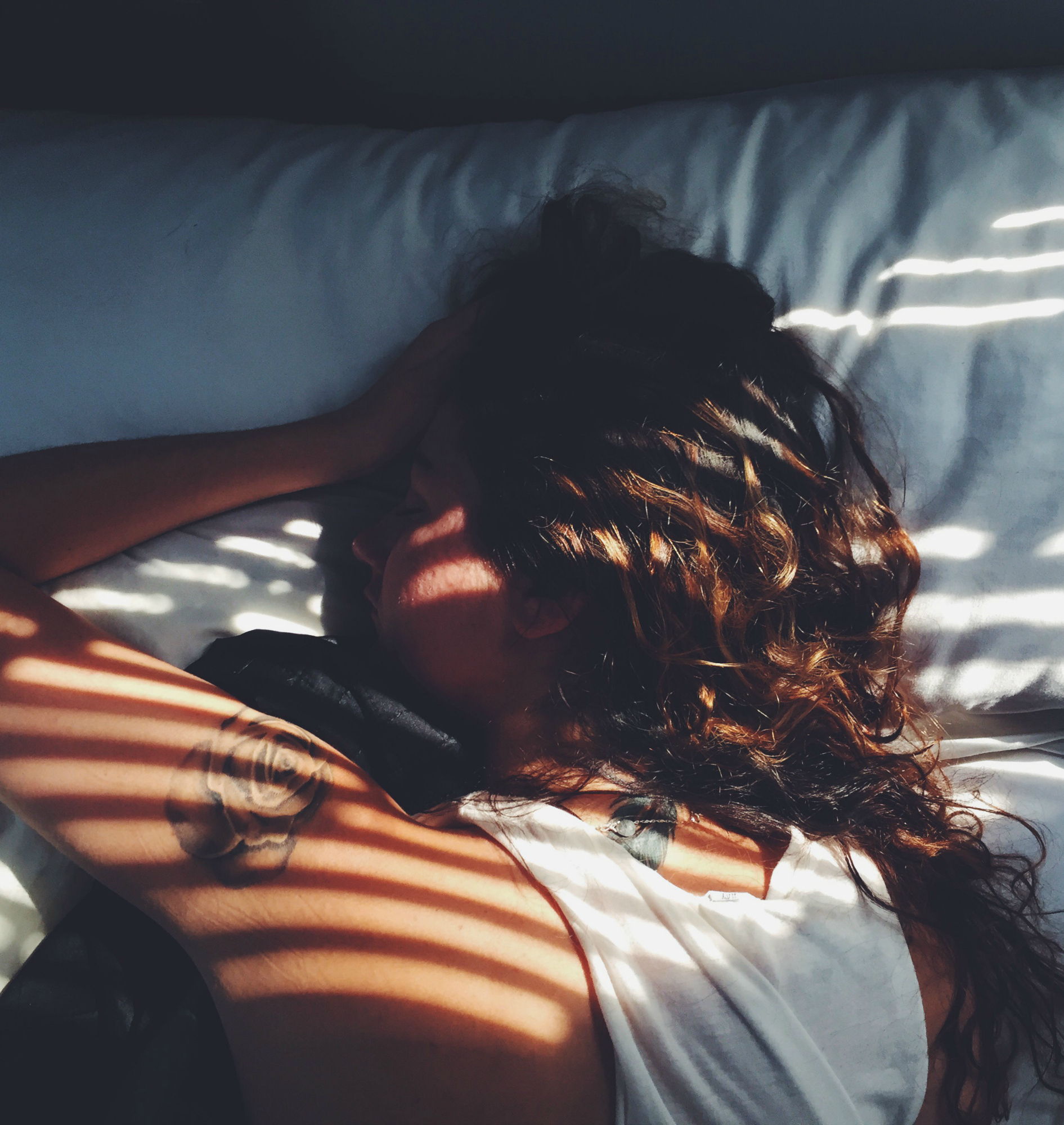
Almost everyone has experienced some type of sleep paralysis, that strange feeling of being conscious but unable to move. If it happens regularly, this could be a sign of a sleep disorder. When sleep paralysis occurs, it's typically while falling asleep or upon waking up.
Forgetfulness
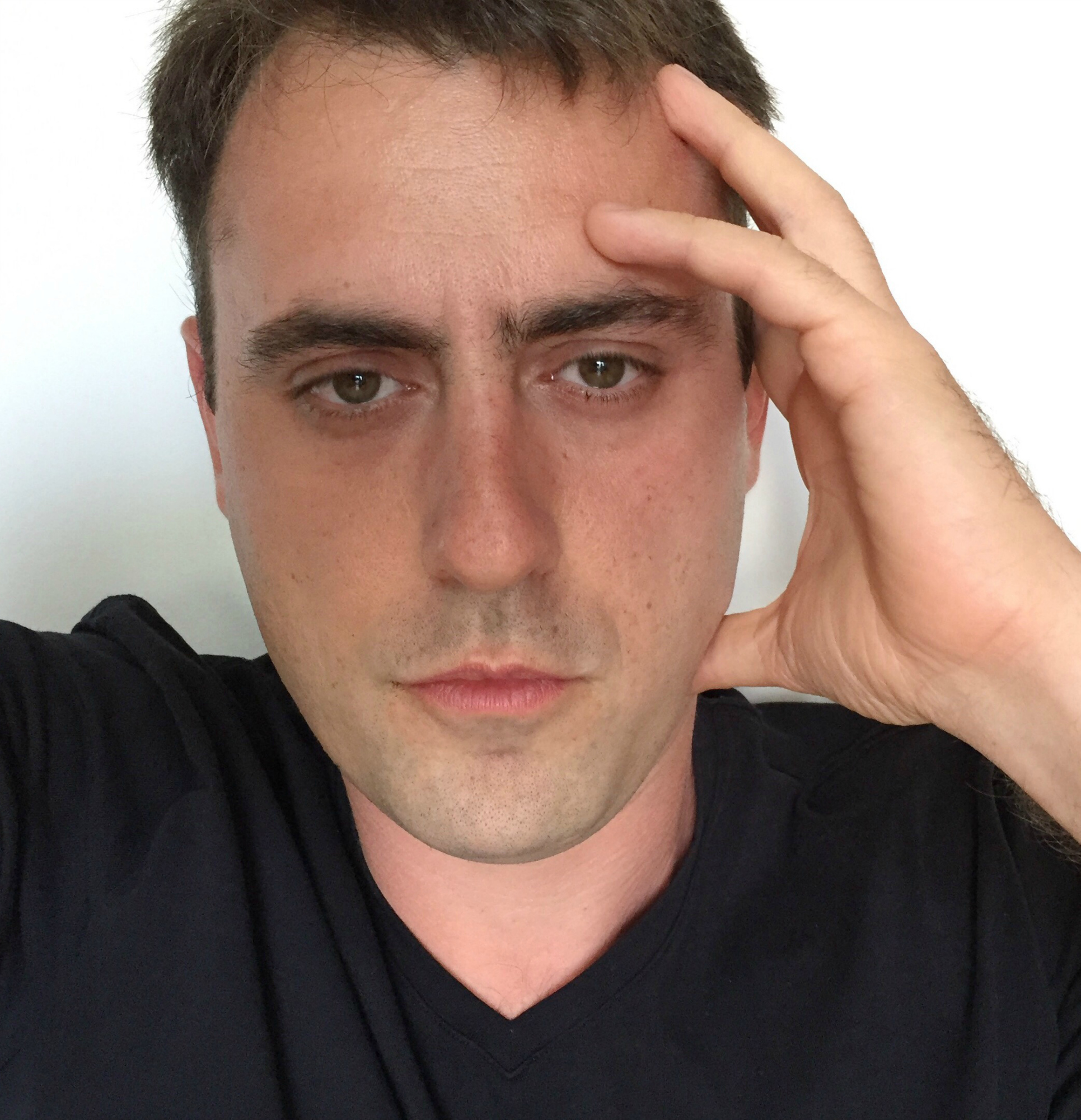
Forgetting is normal, but frequent forgetfulness may be the sign of something more serious, including sleep disorders. If you've noticed a decline in your ability to remember things, and especially if it is out of character for you, don't immediately jump to the Alzheimer's conclusion. Check in with your doctor regarding your sleep.
Underperforming at Work or School

In a 2016 study on sleep and work performance and absenteeism, researchers at the University of Pennsylvania found sleep trouble was associated with lower work performance.
Relationship Trouble

Your bad sleep may also be causing you relationship problems. Either your wakefulness is keeping your partner up and making them cranky, or your lack of good sleep is keeping you irritable. "It's definitely true that sleep problems can cause relationship distress," Wendy Troxel, a clinical psychologist and behavioral sleep-medicine specialist, told New York Mag's The Cut. "Sleep problems have profound effects on daytime functioning, including how you get along with a partner." In her research, she explains, she's found that "more maritally satisfied couples were more likely to be in sync at night."
Trouble Driving

If getting behind the wheel makes you drowsy, it might not just be your dread of the boring daily commute. It could be a sign of a sleep disorder. Obviously, it's not safe to drive if you're too tired, so seek medical testing at the first sign it's something more than just boredom.
Decreased Quality of Life

Disordered sleep diminishes quality of life, a recent study concluded, but patients' physical quality of life could be improved if sleep disorders are treated. Lack of sleep is a drain on good feelings.
Depression

Lack of sleep is also a mental drain and has been associated with depression. The National Sleep Foundation explains it's not clear which problem causes which outcome—whether lack of sleep causes depression or whether depression causes poor sleep—but if you're experiencing depression, make sure to check in on your sleep habits and patterns.
Restless Legs

One in 10 adults suffers from restless leg syndrome, according to the National Sleep Foundation. The overwhelming urge to move one's legs while sleeping or trying to fall asleep is its own sleep disorder. In addition to harming the sufferer's sleep, it can also keep bed partners awake and undermine their quality of sleep. The NSF has a short quiz to see whether you need to talk to your doctor about whether you may suffer from this common and sleep-disruptive syndrome.
Breathing Trouble

Breathing trouble can also interrupt a night's sleep and be the sign of a sleep disorder, such as sleep apnea. There are a number of reasons you may have trouble breathing—an obstruction, your body stops breathing, you snore—and there are also possible treatments.




